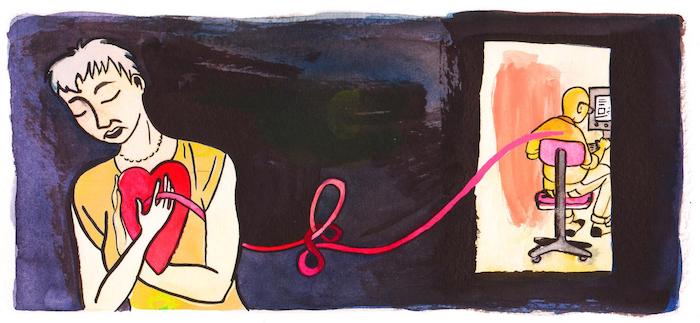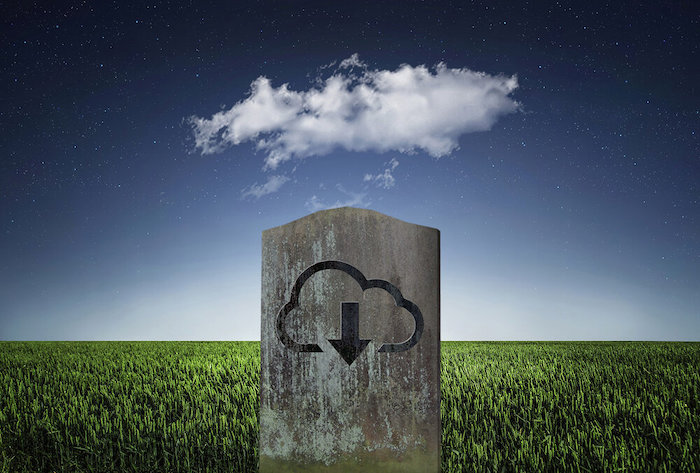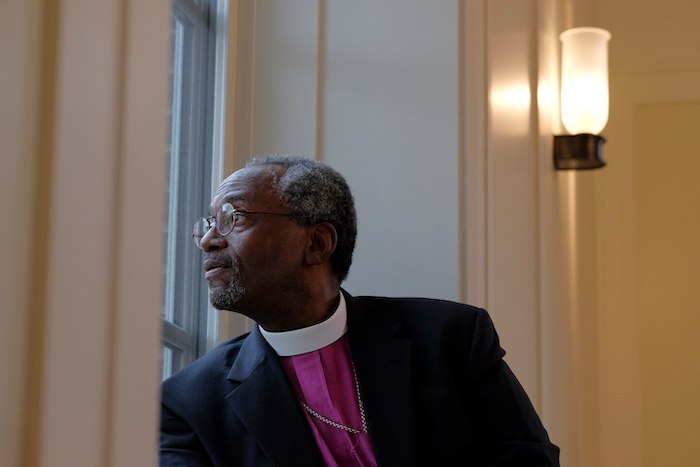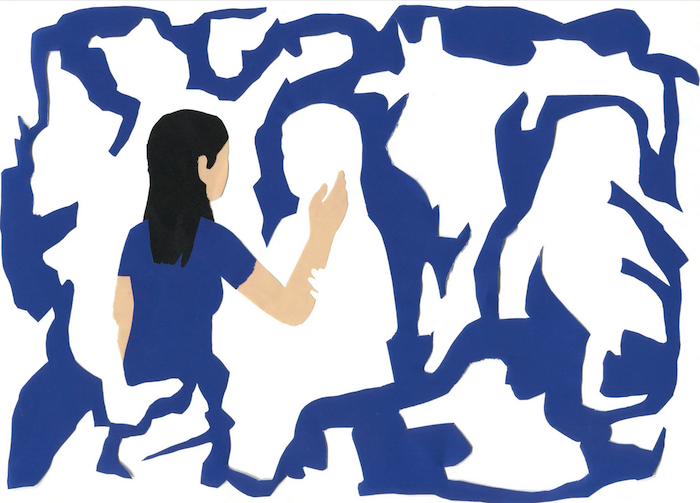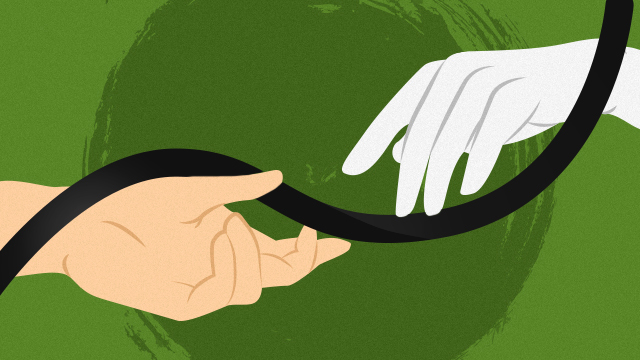
My father, Mel Lipman, died one year ago today on his own terms. He signed himself into hospice, stopped artificial nutrition, and died peacefully with the aid of pain-killing medication.
As a humanist, I appreciate straightforward language regarding death. I don’t consider my father to have “passed away,” and I certainly don’t think he’s in a better place. Although I suppose MedCure, an organization that supports medical science and the place my dad’s body was sent, could be considered a better place than fighting pain in the hospital. That said, I appreciated everyone’s well-wishes.
The sympathy cards showed a wonderful understanding of me, my family, and my father. Everyone who sent them had chosen exactly what applied to us—no talk of heaven or other theistic concepts. Instead, the focus was on the legacy and memories that my father left for us all. Notes recalled wonderful memories of specific times with Dad and appreciation of all he had done for the community. I’m grateful for those notes, as well as the wonderful longer letter I received from Dad’s colleague in the Humanist Foundation, which I read to him during his final days.
If you had asked me (before it happened) what I would need most when my parents died, I would have said the companionship of my friends. But what I really needed was time alone with my parents’ “stuff” (including paperwork), time off from work to handle necessary paperwork, and time with my immediate family (my spouse, my brother, and my brother’s family).
If you want to help a friend whose loved one has died, it’s fine to say, “Let me know what I can do.” However, suggesting specific things you might be able to do is even more helpful. Taking into consideration restrictions imposed by the current coronavirus pandemic, you can offer advice or assistance with:
- Burial/cremation/funeral arrangements
- Childcare
- Rides to appointments
- Laundry pick-up and other errands
- Meals at your home/their home/take-out from restaurants
- Grocery shopping
Add to the list whatever you think your friend might need that you can do. If you’re wrong, no harm is done in offering assistance.
As I mentioned, I received many wonderful emails, calls, cards, and letters of condolence. Below is an example of the kinds of emails that I found to be helpful when my father died.
Date: March 2019
Email Subject: So Sorry to Hear of Mel’s Death
Dear Lori,
I was so sorry to hear that your dad died. He gave so much to us in his activism, his warmth, his humor and his friendship. Please DO NOT FEEL THE NEED TO REPLY TO THIS EMAIL; I know you have a lot on your plate right now with all the details that need to be handled following a death.
If I can help you in any way, please let me know. Here are some things I think I could do well that might help:
- I can notify everyone at the local interfaith group.
- If Mel left his tax documents and you trust me with such, I can help with his tax filings.
- I can help go through Mel’s belongings and can bring anything you want donated to his favorite charity.
- I can listen if you want to call/skype/visit/meet for coffee to share memories of Mel, how you are coping, or anything else you want to talk about.
These are just a few things I can think of that I could do, but if you think of anything else you need me for, just let me know.
With deepest friendship…
Emails like this made my life less stressful during a trying time. It left me free to read and then move on. Although I did not mind responding to condolence notes, I mainly wanted to focus my time on going through my father’s documents before I had to return to the East Coast.
I did take advantage of some offers of assistance. Bullet number one in the above email was quite helpful. It would have been burdensome to wonder whether I had left out any individual who needed or wanted the information, but even more burdensome to try to contact them all. Another item on the list that I took advantage of was that I had someone else help me with Dad’s taxes.
I greatly appreciated an offer to take Mel’s many mementos and writing and place them in an appropriate setting. I was about to ship to my small condo a large trophy that had been awarded to my father by the Humanist Foundation (of which he was a trustee and treasurer). At my condo, it would hardly ever be seen by anyone other than me and my spouse. Then I received a sensitively worded query from the American Humanist Association about whether I would be keeping it. I was asked if I would consider making it available to the AHA headquarters in Washington, DC, where it could be displayed. I thought that was a perfect place for the award. I also received an offer to send my father’s humanist papers to the Meadville Lombard Humanist Library in Chicago. The papers are now there.
However your friends handle the death of their beloveds, please remember that whether they reach out to you or not, it is simply important that you’re available to them. Your job as a friend is to be kind and compassionate in allowing them to do what they need to do.
A note on Mel’s last days:
The folks at hospice assured me that even after he seemed to be less aware and more asleep as the medication took its course, he could still hear me. I wasn’t certain if this was an accurate medical fact or something they said to make me feel better when I visited. But on one of his last days, Dad was furrowing his brow in discomfort. I sang to him, and I could see his whole face relax. I mention this, because it can be helpful to both you and your loved one to spend some time together even if one of you is less communicative than the other. (These days that time might have to be via computer or smart phone, but contact is still key.)
Finally, anyone who knew Mel, knew that he loved to play the dice game craps. He used to say: “A good death after a good life is like a long roll on the craps table. It has to end sometime.”
Love you, Dad. Seven out.
Complete Article ↪HERE↩!

